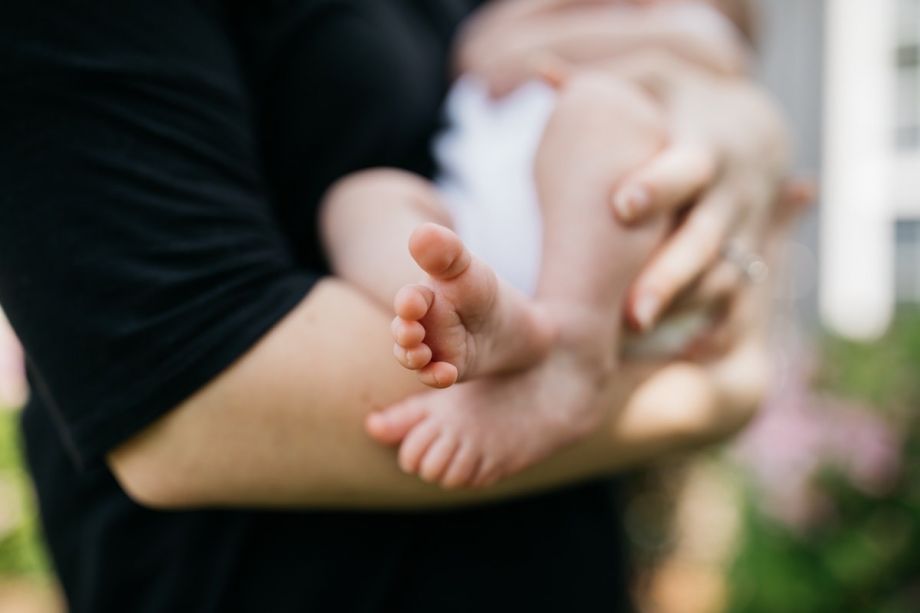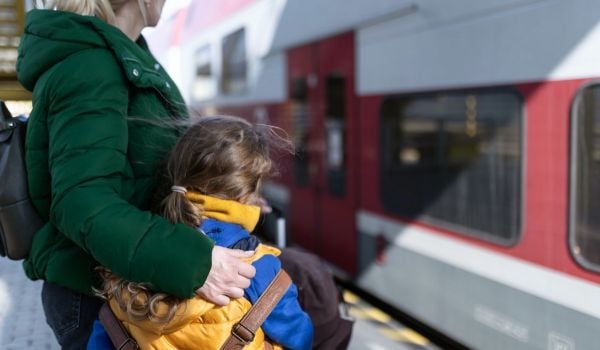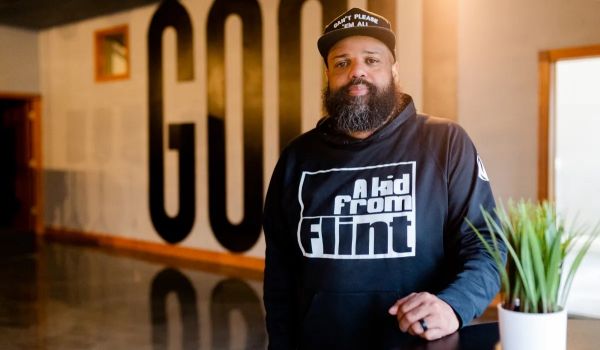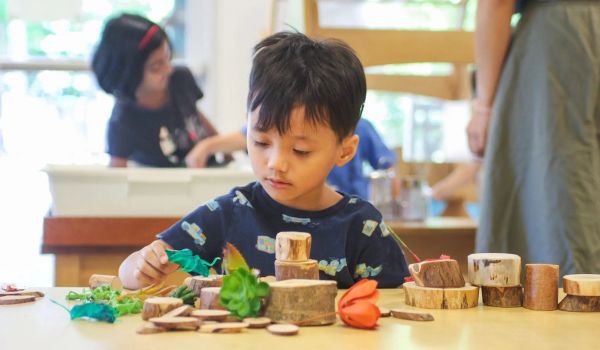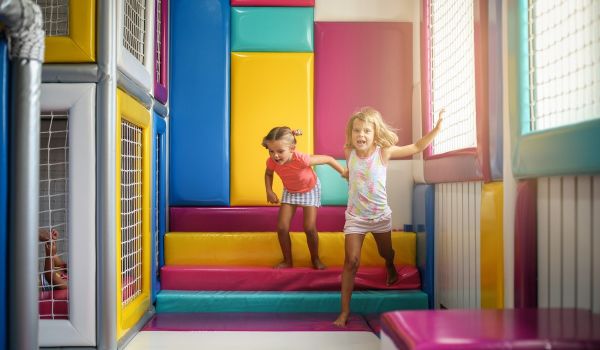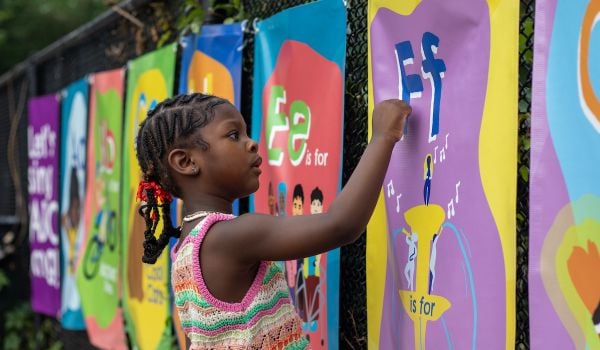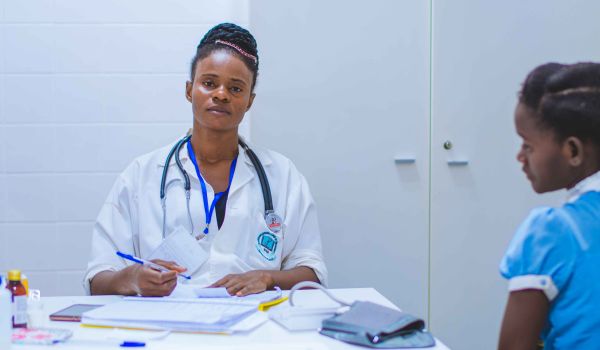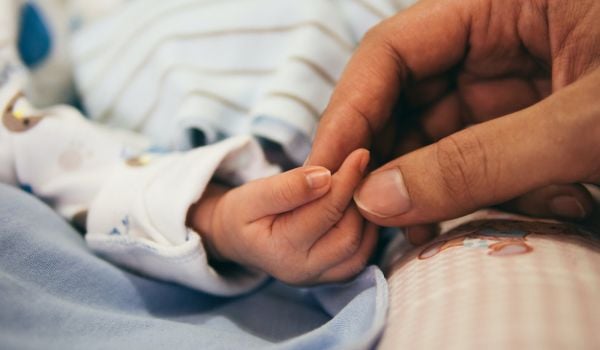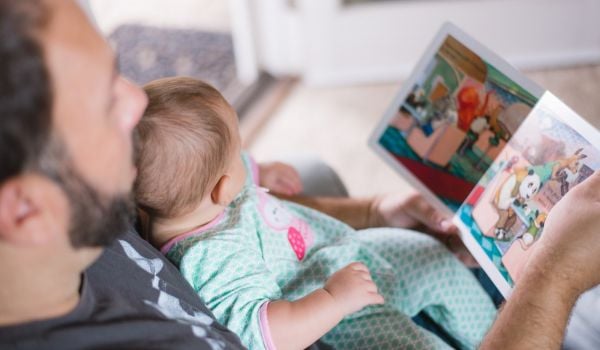When Amanda, a Boston-area mom, had her first child in December of 2017, the pregnancy and birth were flawless. So it was a surprise to her that breastfeeding — something she knew she wanted to do but hadn’t thought much about before — was such a challenge.
“In the very beginning, it was very, very painful for me. Everyone was telling me it’s going to be fine after two weeks,” Amanda says. But it wasn’t.
The teary struggle continued. In January 2018, her pediatrician recommended she visit a Baby Café in the area, one location of a nationwide, free and informal drop-in breastfeeding support group that offers lactation care. Even though it wouldn’t be until her daughter reached four months that breastfeeding would click for the duo, Amanda found the support she needed to stick it out. “Without Baby Café there’s no way I would have kept going because I wouldn’t have known what to do or heard success stories about how it could still work,” she says.
Through its 145 locations in cities across the United States, Baby Café USA serves women like Amanda at any and every step along their breastfeeding journey, as well as trans and nonbinary parents who chestfeed. From pumping to weaning and everything in between, Baby Cafés services are free of charge. The sessions are run by trained experts who are either International Board Certified Lactation Consultants (IBCLCs) themselves or who offer access to one. All Baby Cafés have a baby scale (a critical tool for measuring a baby’s weight and, thus, how much milk they’re getting) and can make referrals to additional specialty services in the area.
The idea was thought up by RN and IBCLC Lucia Jenkins after working with La Leche League, an international breastfeeding organization, in the ‘80s and ‘90s.
“I saw so many people who started breastfeeding, then they hit a speed bump when they went back to work around three months,” Jenkins says. “But even before that, people started nursing in the hospital but when they got home and had no resources and there wasn’t really anyone to support them or help them figure out an issue,” they’d stop and miss out on the benefits of breastfeeding that both mothers and babies enjoy.
While La Leche League offered amazing support for women, “they didn’t have the professional capacity to actually troubleshoot complicated issues,” Jenkins says. “I realized that we needed something that was going to be like La Leche League and the social gathering support model of it but with a professional twist.”
So, in the early 2000s, Jenkins went to New Zealand and the UK to learn from breastfeeding efforts there. It was in the UK that she discovered Baby Cafés, but soon after her visit, the women she met there told her they were unable to carry on. So, “with their good graces they gave me permission to have the name and start Baby Café USA,” Jenkins says. In 2004 she began working on the standards of care for her vision before opening the first cafe two years later at a Boston-area hospital. Today, there are Baby Cafés in 32 states.
From the beginning, Jenkins knew the meetings needed to be free, frequent and held at a place where women could not only troubleshoot breastfeeding issues with the help of licensed professionals, but join a community, too. “Part of this is changing the paradigm in the United States,” Jenkins says. “If someone breastfeeds successfully, they go on to breastfeed subsequent children and help their friends and fellow mothers breastfeed, too.”
Making the whole operation flexible and inexpensive was also essential. There are three tiers for Baby Cafés. First-tier cafes have an IBCLC at every meeting. Second-tier cafes are run by multiple people such as nurse practitioners or midwives, at least one of whom is an IBCLC. Third-tier cafes are run entirely by alternative practitioners who give weekly briefings to an IBCLC.
The reason for the tiers, Jenkins explains, is to ensure that the care given by Baby Cafés is not only culturally relevant, but even possible in the first place. “There are areas of the country where there are no IBCLCs” — much less IBCLCs of color — “and in places where the majority of the population is Black and brown, we need Black and brown experts,” Jenkins says. “The idea is that Baby Cafés can be staffed with what’s available in the community,” she adds, including limited funding.
The tiers also create the ability for lower-cost models. The initial license from her nonprofit organization is $750 which includes a $350 training that can be attended by as many people as the new site wants. Then, to ensure the necessary standards of care are met, each cafe has to renew its license for $200 or just $100 for up to four satellite Baby Café locations that stem from a “mother” Baby Café. The annual costs of running the cafe range from roughly $8,000 to $20,000 a year, depending on the tier.
The costs of running a cafe are intended to be kept low by running them out of donated spaces with the additional expenses, such as paying IBCLCs, kept low enough to be covered by small community grants. From YMCAs to dental offices, milk banks and much in between, Jenkins has found that there are many community partners willing to help out. “Mental health centers, WIC offices, chiropractic offices — they’ll all often open up their spaces,” Jenkins says.
Especially when the benefits are so clear. Jenkins has diligently been tracking data with QR codes and anonymized responses. “The number one comment we hear from women is ‘I wouldn’t be breastfeeding today without Baby Cafés.’”
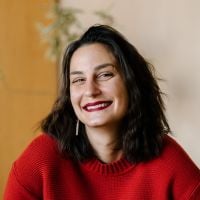
Cinnamon Janzer is a freelance journalist based in Minneapolis. Her work has appeared in National Geographic, U.S. News & World Report, Rewire.news, and more. She holds an MA in Social Design, with a specialization in intervention design, from the Maryland Institute College of Art and a BA in Cultural Anthropology and Fine Art from the University of Minnesota, Twin Cities.
Follow Cinnamon .(JavaScript must be enabled to view this email address)

